
Dry mouth is not a specific disease but it can be a sign of one. The decreased flow of saliva, also called hyposalivation, Xerostomia or asialorrhea is most commonly related to dehydration, radiation therapy, vitamin deficiency, drugs and various syndromes.
In most cases, dry mouth is caused by the salivary glands that do not function properly. Sometimes, though, even people who have no health problems can experience dry mouth symptoms.
Dry mouth is more serious than it might seem, as it may cause malnutrition, tooth decay and other oral problems.
Elderly people often have problems with dry mouth, and this affects their nutrition. This condition makes mouths sensitive and can create sores so people avoid eating acidic foods like citrus fruits and also bead, cereals and similar foods that require saliva for chewing. In addition, dry mouth also reduces the ability to taste the quality of the food and may cause a lack of appetite.
Changes in the functioning of the salivary glands have many different causes. Some medications, especially antidepressants and antihypertensives, have dry mouth as a side effect.
Radiation therapy can cause dry mouth if the salivary glands are within the range of radiation. Chemotherapy can create the sensation of dryness if it changes the composition of saliva.
Diseases and conditions that may cause dry mouth are Sjorgen’s syndrome, endocrine disorders, anxiety, stress and depression.
Even the conditions that are not related to salivary glands can cause the sensation of dry mouth, for example nerve damage and Alzheimer’s disease.
It is important to prevent tooth damage and decay in persons who have problems with dry mouth. Teeth must be brushed and flossed at least twice a day, using a toothpaste that contains fluoride. Visits to a dentist should be regular and frequent. The dentist will clean the teeth and treat the cavities before they cause more damage, and they can also prescribe a remineralizing solution or a stronger fluoride product.
In order to relieve dryness and protect the soft tissue, it is vital to drink plenty of water, preferably in small sips. Soft drinks that contain sugar, coffee, tea and alcohol should be avoided. Drinking water while eating will have a role similar to salivation and will help chewing and swallowing.
It can be helpful to chew sugarless gum, as it may promote the production of saliva. Mints and hard candy without sugar are good too.
Any food that is spicy, acidic and very salty can cause dryness and should be avoided. Dryness can be avoided by drinking water regularly.


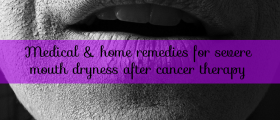

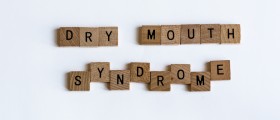

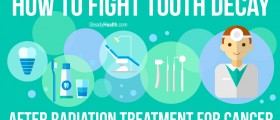
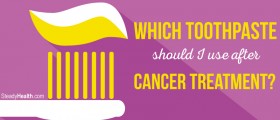
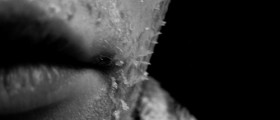

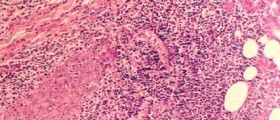

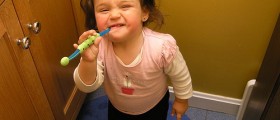



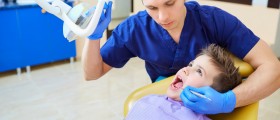
Your thoughts on this
Loading...